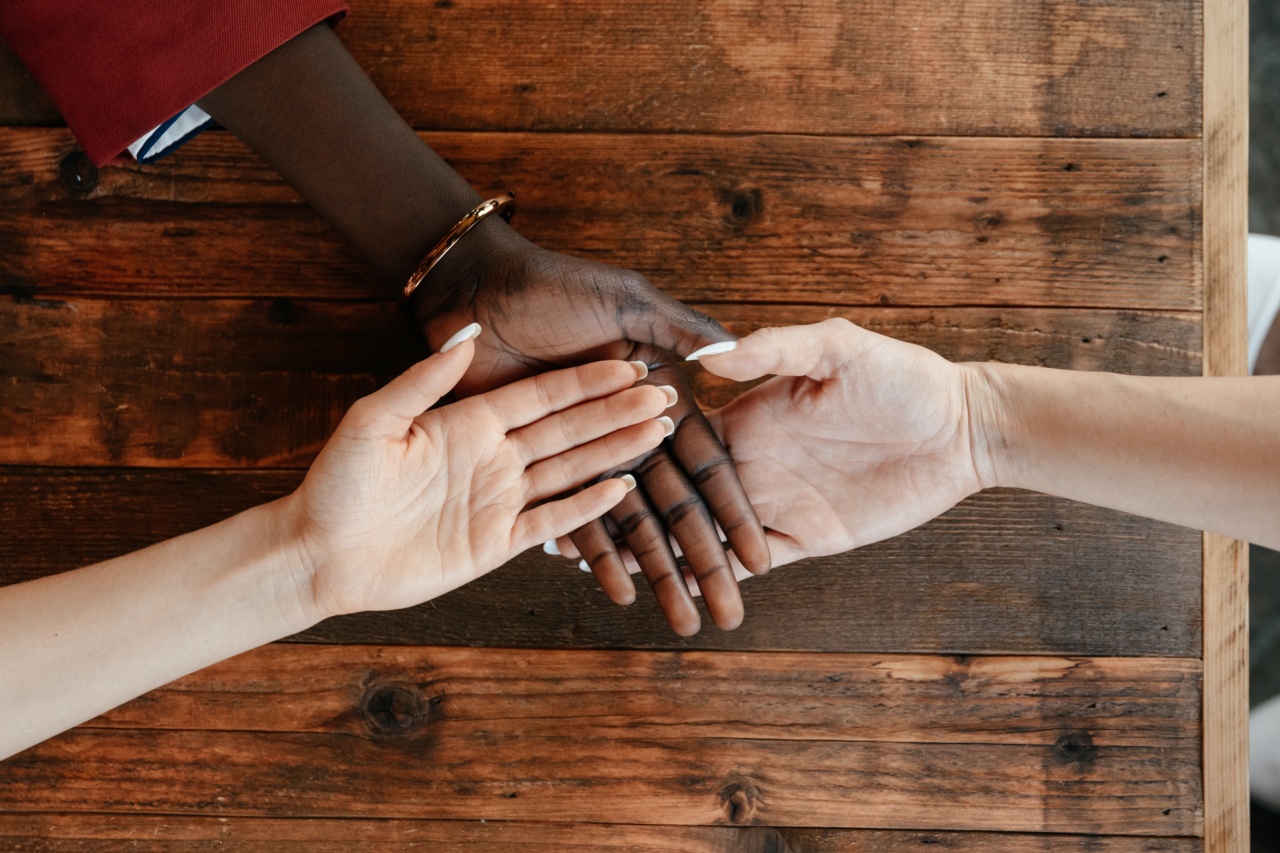The sickness has become a major concern, affecting millions of individuals worldwide. In this article, we will focus on the experiences of 654 individuals who have been impacted by this illness.
We will discuss the symptoms they’ve experienced, the treatments they’ve undergone, and the preventive measures they’ve taken.
Understanding the Symptoms
The affected individuals of this sickness have reported a wide range of symptoms. Some of the common symptoms include fever, cough, sore throat, fatigue, and body aches.
Additionally, some individuals have experienced difficulty breathing, loss of taste and smell, and gastrointestinal issues such as nausea and diarrhea.
It is important to note that the severity of the symptoms varied among the 654 affected individuals. While some experienced mild symptoms and recovered quickly, others faced more severe complications and required hospitalization.
Treatments and Medical Interventions
When it comes to treating the sickness, the medical community has made significant progress in understanding the virus and developing effective treatment options.
For the 654 affected individuals, treatments have ranged from self-isolation and rest to hospitalization and intensive care.
Based on the severity of symptoms and the individual’s overall health condition, healthcare professionals have prescribed various treatments.
Mild cases often require symptomatic relief, such as pain and fever management, along with plenty of fluids and rest.
However, for individuals with more severe symptoms, hospitalization may be required. In such cases, treatments may include oxygen therapy, steroid medications, and even mechanical ventilation if breathing difficulties become severe.
These interventions have proven to be crucial in improving patient outcomes and reducing mortality rates.
Prevention Measures
Preventing the spread of the sickness is of utmost importance, especially considering its significant impact on the affected individuals.
The 654 individuals have taken various preventive measures to protect themselves and others from contracting the illness.
One of the most widely adopted preventive measures is wearing masks. Masks have proven to be effective in reducing the transmission of the virus through respiratory droplets.
In addition to mask-wearing, individuals also practice frequent handwashing, using hand sanitizers, and maintaining social distancing.
Public health authorities have also encouraged the affected individuals to get vaccinated against the sickness. Vaccines have been developed and distributed worldwide, offering significant protection against the illness.
Many of the 654 individuals have eagerly embraced vaccination to minimize the risk of severe sickness and its potential long-term complications.
The Emotional Impact
Beyond the physical symptoms and medical interventions, it is crucial to acknowledge the emotional impact on affected individuals. The sickness not only affects one’s physical health but also often leads to psychological distress.
The 654 affected individuals have reported feelings of fear, anxiety, and sadness due to the uncertainty surrounding the illness. The restrictions, isolation, and disruption of daily routines have taken a toll on their mental well-being.
It is essential to provide support and resources to help these individuals cope with the emotional effects of the sickness.
Counselors and mental health professionals play a vital role in offering guidance, coping strategies, and a listening ear to help individuals navigate these difficult times.
Conclusion
The sickness has impacted 654 individuals, causing a wide range of symptoms and treatment experiences. From mild cases to severe complications, each individual’s journey is unique.
However, through preventive measures and medical interventions, the affected individuals can mitigate the effects of the sickness.
It is our collective responsibility to prioritize the health and well-being of these individuals by following the recommended preventive measures, supporting vaccination efforts, and extending the necessary emotional support.































